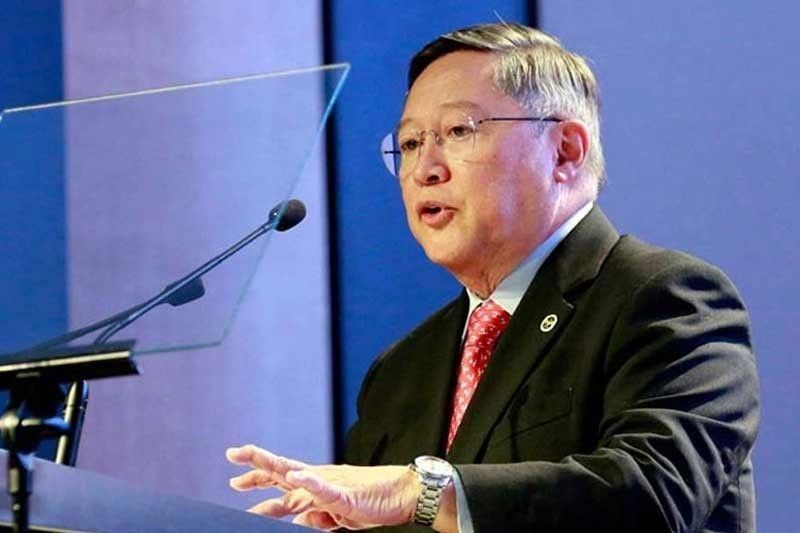Philippines risks capital flight over wealth tax plan

MANILA, Philippines — The Department of Finance (DOF) said while it expects additional P57 billion revenue yearly from the imposition of wealth taxes, it warned that the legislation of such a measure could provoke capital flight and tax avoidance.
Finance Secretary Carlos Dominguez III said the government would add just P56.7 billion to its coffers from the passage of House Bill (HB) 10253, which seeks to impose a wealth tax on individuals with net assets worth P1 billion and above.
Proponents of the measure argued that taxing the 50 richest Filipinos alone can generate roughly P237 billion in revenue, an amount that can fund more than half of a stimulus package awaiting the Senate’s approval.
In a letter to House Speaker Lord Allan Velasco, Dominguez said HB 10253 may force investors to pack up their investments here and relocate to other countries. As such, he cautioned that the measure may even bring down tax collections in the long run due to the capital flight.
Likewise, Dominguez said only four economies in Europe, namely Belgium, Norway, Spain and Switzerland, slap a wealth tax on their billionaires. Notably, Norway and Switzerland ranked the highest in the 2020 Human Development Report for providing the best quality of life to residents due to, among others, progressive taxation.
“There is a risk of capital flight if the wealth tax is passed in the Philippines. Currently, only four countries continue to implement the wealth tax: Belgium, Norway, Spain and Switzerland. Many countries that had wealth taxes before ended up repealing the measures, particularly because of increased capital mobility and access to tax havens in other countries,” Dominguez said.
Further, the finance chief said the Bureau of Internal Revenue can monitor just the taxes paid by individuals, not the wealth they accumulated; thereby, requiring additional costs and manpower to enforce the provisions of a new taxation.
Dominguez also warned that charging a wealth tax on billionaires may fail to achieve its target of redistributing wealth among taxpayers on
Dominguez said HB 10253 would only compel billionaires to find ways to avoid paying taxes. In the experience of European nations, business tycoons transferred their assets in multiple accounts in an attempt to avail of tax cuts and exemptions.
On the policy end, Dominguez said the government can only impose a wealth tax once Republic Act 1405, or the Bank Secrecy Act, is amended to allow regulators to look into private deposits. He added the Philippines would need to sign agreements with foreign counterparts on information exchange on the movement of wealth.
HB 10253 proposes charging a one percent tax for wealth above P1 billion; two percent for over P2 billion; and three percent beyond P3 billion.
According to Forbes Asia, the collective wealth of the 50 richest Filipinos increased by about 30 percent to $79 billion during the pandemic, leading even multilateral institutions like the World Bank to call on governments to assess the need for a wealth tax to narrow the inequality gap.
- Latest
- Trending


























